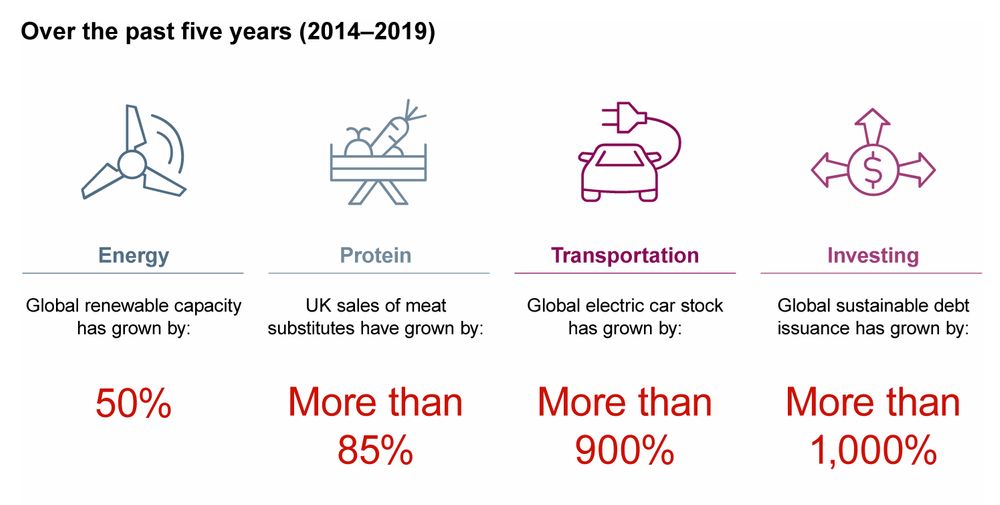Bain: Why sustainability is the new digital

Writing an article that originally appeared in the World Economic Forum, Bain & Company Chairman Orit Gadiesh has outlined her views on sustainability revolution that continues to accelerate despite the Covid-19 pandemic.
Gadiesh says that as well as accelerating faster, sustainability is also expanding to include a wider range of environmental and social issues.

“With consumers and investors demanding significant change, profit pools shifting away from incumbents to insurgents, and even the most carbon-heavy companies making net-zero pledges, executives ignore this revolution at their peril. And make no mistake: this is a real revolution. With every industry — nearly every product and most of our habits under scrutiny — it would be downplaying it to call it anything else,” states Gadiesh.
“Like the digital revolution before it, the sustainability revolution promises to change everything. Yet, just as with digital, many companies are moving too slowly, taking an incremental approach to a challenge that demands a radical rethink.
Companies rewarded for sustainable disruption
The article goes on to say some companies are grasping this change faster than others, and consumers and investors are rewarding them. For example, Unilever’s Sustainable Living Brands portfolio is growing nearly twice as fast as other brands in its portfolio. In energy, even before the COVID-19 economic slowdown, shares of lower carbon energy companies were outperforming those of the oil and gas majors.

Gadeish says most executives now support sustainability objectives, but they remain wary of the costs. However, if they want to lead, the long-term benefits of sustainability need to be considered as well as the short-term costs.
Reinvent and disrupt to capture opportunities
Bain’s global research found only 12 per cent of all corporate change efforts fully succeed, but the success rate for sustainability initiatives is even lower at just 4 per cent. So, how can companies improve their chances of success?
1. Make bold strategic choices
Leaders should adopt a “disrupt or be disrupted” mindset. Just as fintechs forced banks to shift their strategies, food companies need to adapt to changing customer habits.
2. Reinvent products
Sustainable innovation is creating new products that can be produced with fewer carbon emissions, less waste and an emphasis on enhancing wellness.
3. Rethink operations
Digital technologies transformed operations across industries; now sustainability requires the same.
4. Form innovative partnerships
Sustainability issues are broad and can be complex so collaboration is key.
- Asset Panda CEO Rex Kurzius on Innovating and Taking RisksLeadership & Strategy
- 6 leadership principles for transitioning into an ESG worldSustainability
- What’s separating digital ‘pioneers’ from ‘procrastinators’?Digital Strategy
- The Broadcom acquisition machine keeps on rollingLeadership & Strategy






